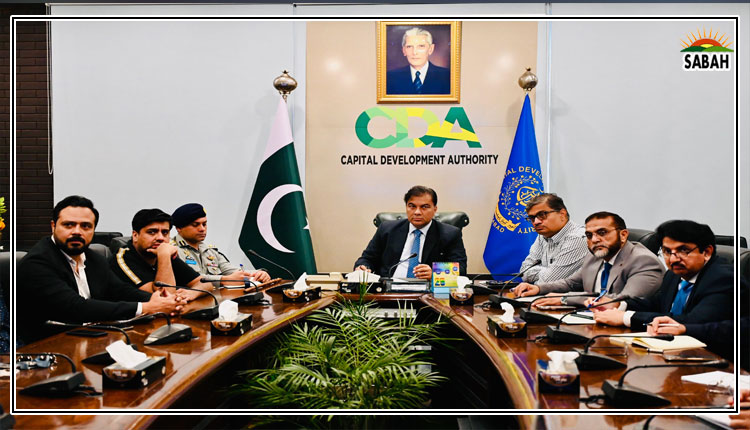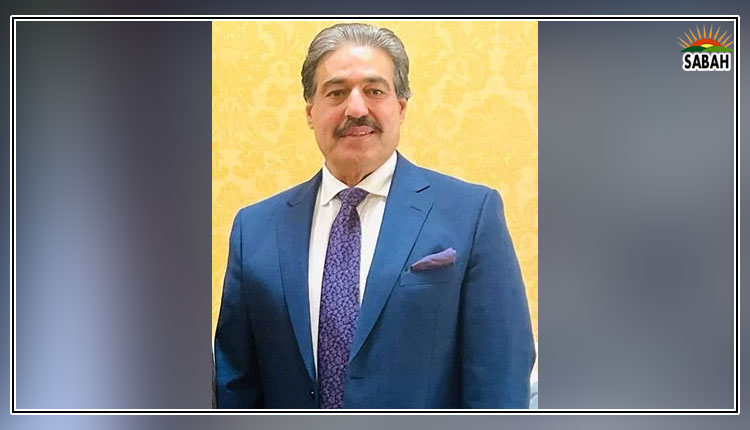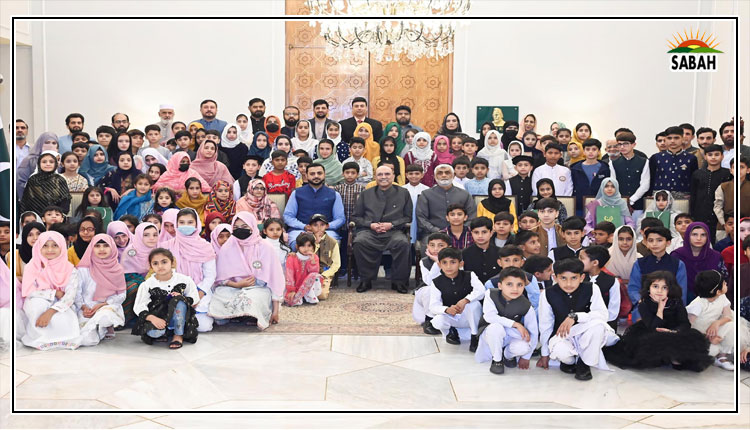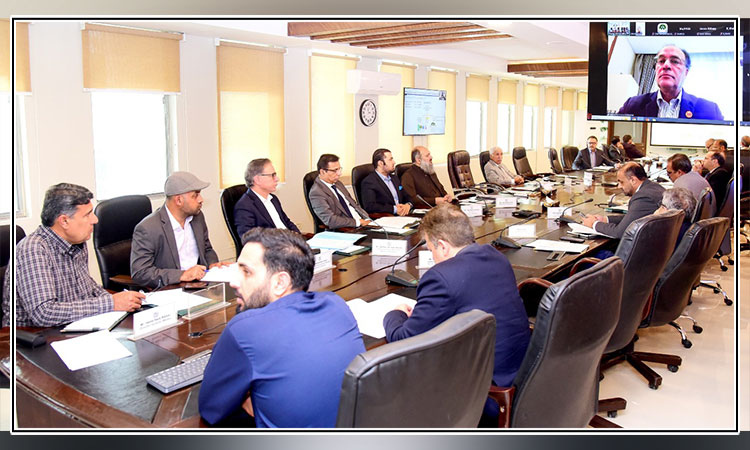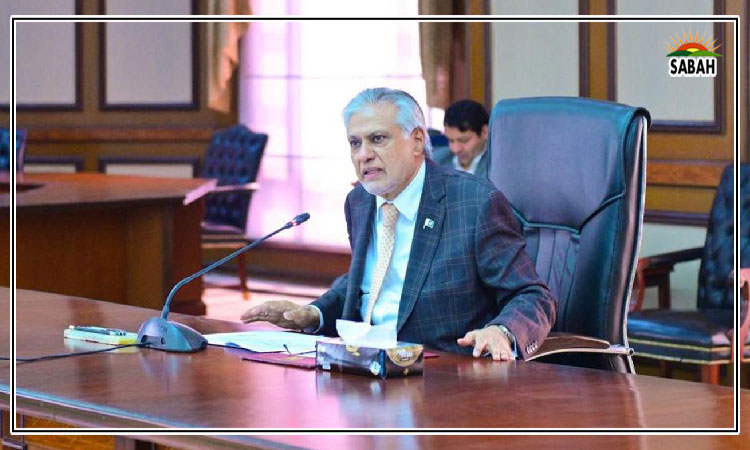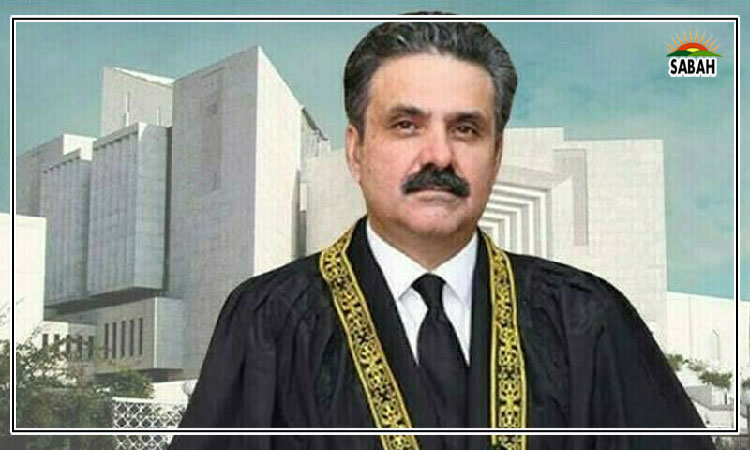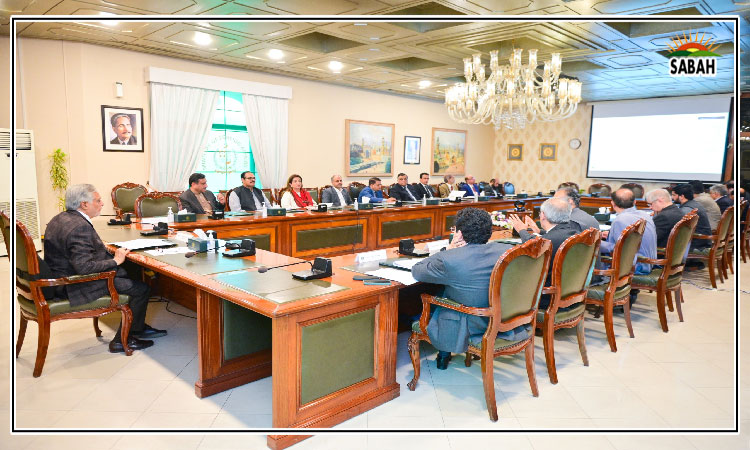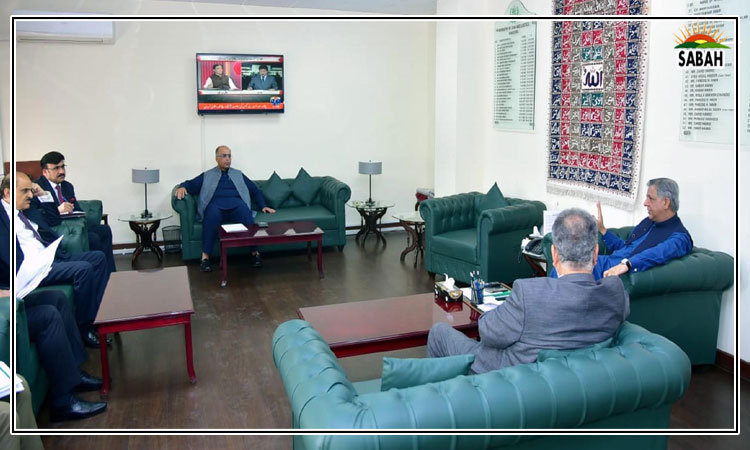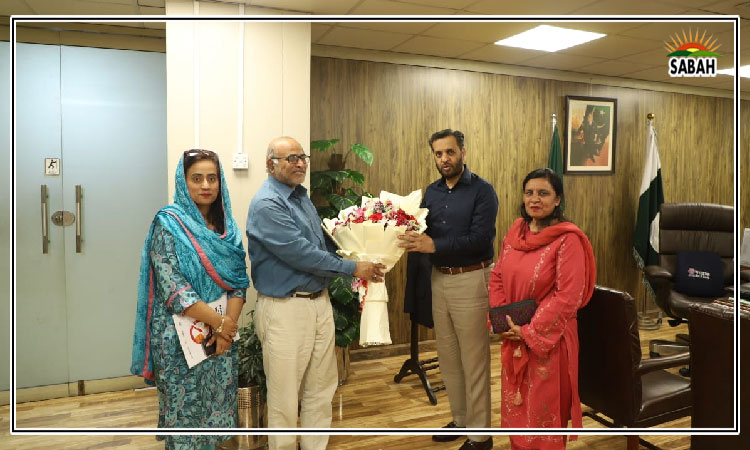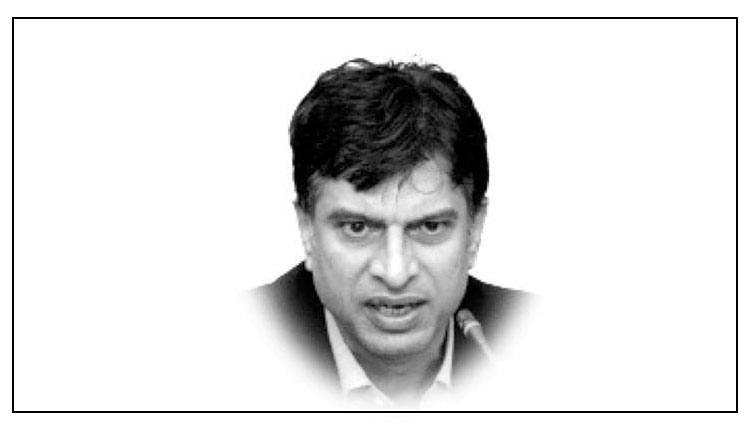Can we Reimagine Pakistan?۔۔۔۔ Hashim Raza
Reimaging Pakistan is a bipartisan process underway in Pakistan with key sponsors including politicians from various parties and geographic locations as well as members from civil administration. To some, its a breath of fresh air for such a forum to try and focus on policy issues. To others, its too sophisticated a facade to be able to capture or try and present implementable solutions that can addresses Pakistans multiple challenges. The effort, though, is commendable irrespective of its ultimate outcome. One hopes that this or other such exercises are able to dig deeper so as not end up as described by this Muzaffar Warsis couplet:
Kya bhala mujh ko parakhnay ka nateeja nikla
Zakhm e dil aap ki nazron se bhi gehra nikla
The problem statement of the exercise presents health, education and income indicators. Dismal as they are, these are only the symptoms. The causes lie deeper and some unquantifiable symptoms are more shocking.
Pakistans problems are rooted in its history going back to before its creation; cover multiple spheres of public life; feed onto each other; are guarded by those that benefit from it; and require a rather high level of consensus, intellectual capital, time and resources for their addressal.
Pakistan is faced with multiple crises of nature of the social contract (essential for a nation state) fragmentation of society into interest groups; (almost) complete breakdown of political, administrative, judicial and other institutions; and an establishment lacking comprehension to understand the gravity and periodically presents change of players as their only response.
To address such complex set of issues, amalgamated over seventy-five plus years, require intellectual and political capital, time and resources commodities that seem insufficient in supply. But that is still the easy part. The harder part is that the country lacks a minimum extent of national cohesion to be able to create the minimum consensus required to change countrys course. Majority of Pakistanis are too uneducated, too poor, vulnerable to populism, too unhealthy (mentally or physically) and unorganised to be able to come to a consensus on key policy reforms. On the contrary, the change-opponents have the resources, organisation and skills to ensure that the status quo is maintained. Thus, we are perpetually in the quagmire of mismatched time frames. The country is going down at pace that is faster than we have the capacity to lift it up. The net result being a continuous downward slide.
The policy solutions are rather straight forward to pick from a handful of options. The question is building consensus, providing resources and exercising patience (over a decade or so). This paradox i.e. creating conditions for a real course correction may be the real challenge in reimagining Pakistan.
Then there are tougher nuts to crack relations with neighbours and with the West and the nature of social contract of the nation state Pakistan. Sensitive as they may be, they will have to be addressed to change course.
In some ways, the Pakistan created by the Quaid in 1947, for all practical purposes, ceased to exist post 1971. What we have now is what we have. This country now requires defining its statement of objective (that has to be the well-being and progress of its people) and a complete redrawing of its political, administrative, judicial, educational, health-related and other key structures. Can we reimagine Pakistan enough to be able to articulate this? Well, it remains to be seen!
Courtesy The Express Tribune, March 11th, 2023.


